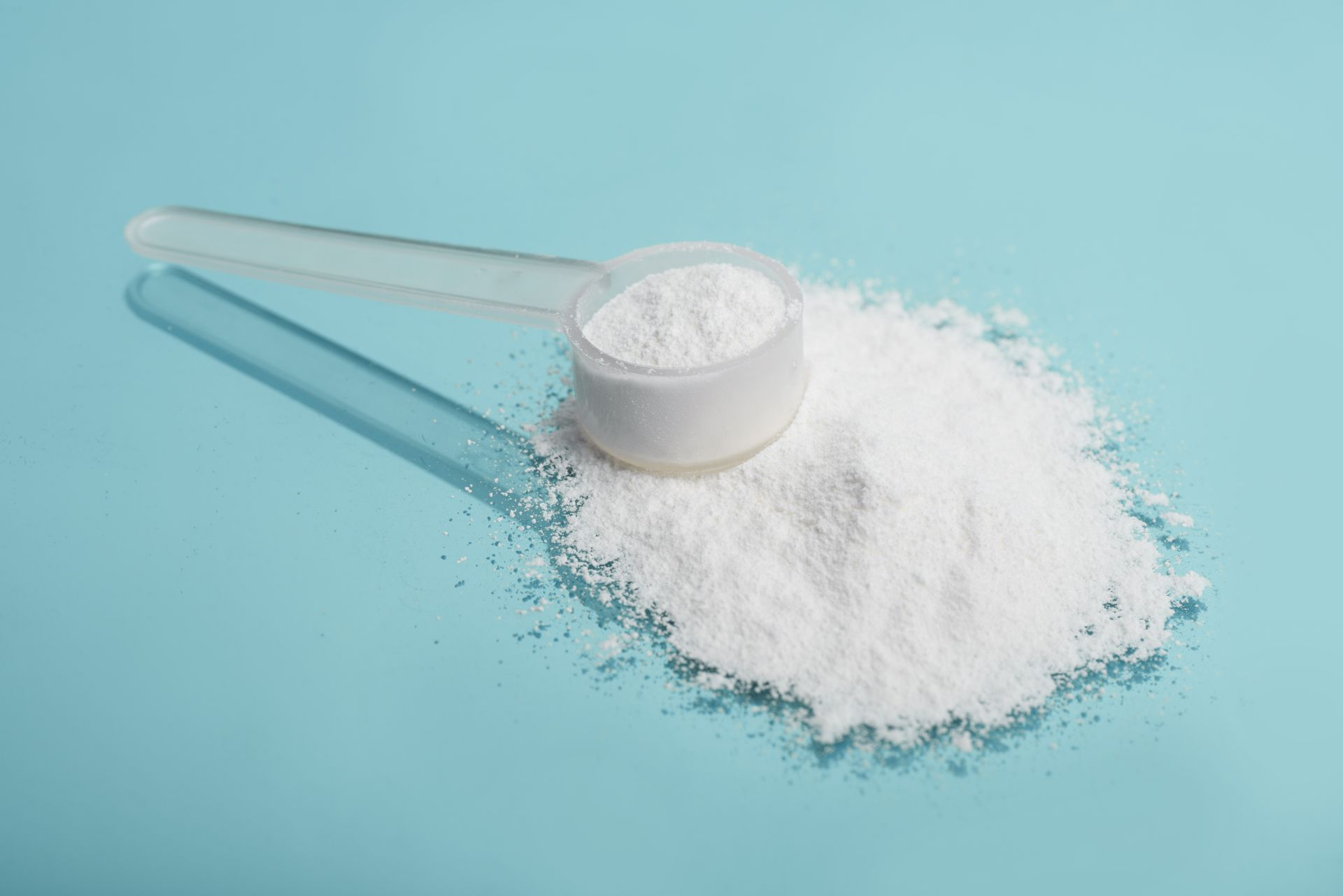Side effects of tyrosine use - what should you know?

Safety should be put first. This also applies to choosing dietary supplements for yourself. Sometimes reaching for even simple and generally considered safe supplements, such as L-tyrosine, can overlook some aspect that constitutes a contraindication to use or increases the risk of developing side effects. If you are planning to introduce tyrosine into your supplementation plan, then be sure to read this article and acquire the necessary knowledge that allows you to use it much more safely. Read to the end!
- Side effects of tyrosine supplementation
- When is it better not to take tyrosine supplements?
- What doses of tyrosine are safe?
- Summary
Side effects of tyrosine supplementation
Under normal conditions, tyrosine is virtually free of side effects. The only things that could be expected as a last resort, for example, are sleep problems or hyperactivity and irritability, which should go away when the supplement is discontinued.
Problems can follow if tyrosine is included in supplementation without thinking about it or ignoring contraindications. There are several contraindications, and it is definitely worth knowing them before the decision is made to try tyrosine supplementation.
When is it better not to take tyrosine supplements?
Knowing the potential contraindications is very valuable knowledge when facing the choice of supplements for yourself. In the case of tyrosine, there are several such contraindications.
Hyperthyroidism
When the thyroid gland is operating at a higher speed than it should, it is important to avoid anything that could further turn it up. Supplementation with thyroid hormone precursors is one such factor.
We know from long-established scientific publications that tyrosine metabolism in hyperthyroidism is altered. Administration of tyrosine in hyperthyroidism can raise the concentration of this amino acid in the bloodstream up to several times more than in the case of an optimally functioning thyroid gland.

Hyperthyroidism and calming problems
When someone struggles with hyperactivity, it can mean overactivity of stimulating neurotransmitters. In such a situation, tyrosine supplementation can act like adding oil to the fire. It is even possible to slightly exacerbate problems. In such a case, it is better to focus on other supplements.
Taking drugs from the iMAO group
iMAO stands for monoamine oxidase inhibitors. These drugs inhibit the activity of an enzyme that breaks down the monoamine neurotransmitters dopamine, norepinephrine and serotonin. Drugs in this group are used in depression and Parkinson's disease, among others. When using them, care should be taken strongly not to add any other drugs or supplements that will interact and enhance the effects of iMAO drugs. If the increase in neurotransmitters were greater than expected, things could get dangerous. Combining tyrosine supplementation with monoamine oxidase inhibitors is a potential risk of excessive increases in dopamine and norepinephrine.
Older age
It is often the case that the effectiveness of various supplements increases with the age of the user. This is because the older we get, the more aspects of health decline and need support. This is when supplementation is simply more necessary and can work on a larger scale.
This is not the case with tyrosine. In seniors, dopamine signaling changes, and thus the response to tyrosine also changes. Studies show that in seniors (>61 years old), tyrosine may even negatively affect some aspects of cognitive function.
What doses of tyrosine are safe?
In truth, it's hard to overdo with free L-tyrosine. In clinical trials, a single dose of the size of 150 mg of tyrosine per kilogram of body weight is often used, and sometimes even twice that. Such doses are described as very well tolerated. This means that people weighing more than 70 kg can use several grams of tyrosine at a time and not worry about any toxicity.
Summary
Dietary supplements with tyrosine are safe even when used in doses of a dozen grams at a time, provided there are no factors that contraindicate supplementation with this amino acid. The main contraindications are:
- hyperactivity and tranquility problems,
- hyperthyroidism,
- use of drugs that raise dopamine and norepinephrine,
- advanced age.
By supplementing tyrosine thoughtfully and responsibly, you can enjoy cool results in the form of reduced stress symptoms and better cognitive abilities.
Sources:
 ⮜ Previous article
⮜ Previous article
Vitamin D3 and K2 - properties and synergy of action
 Next article ⮞
Next article ⮞